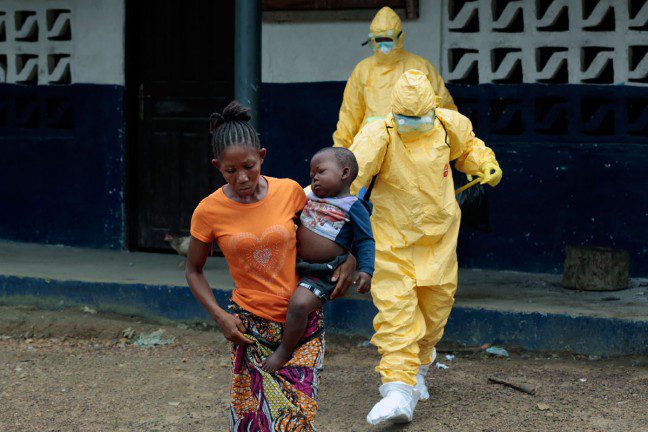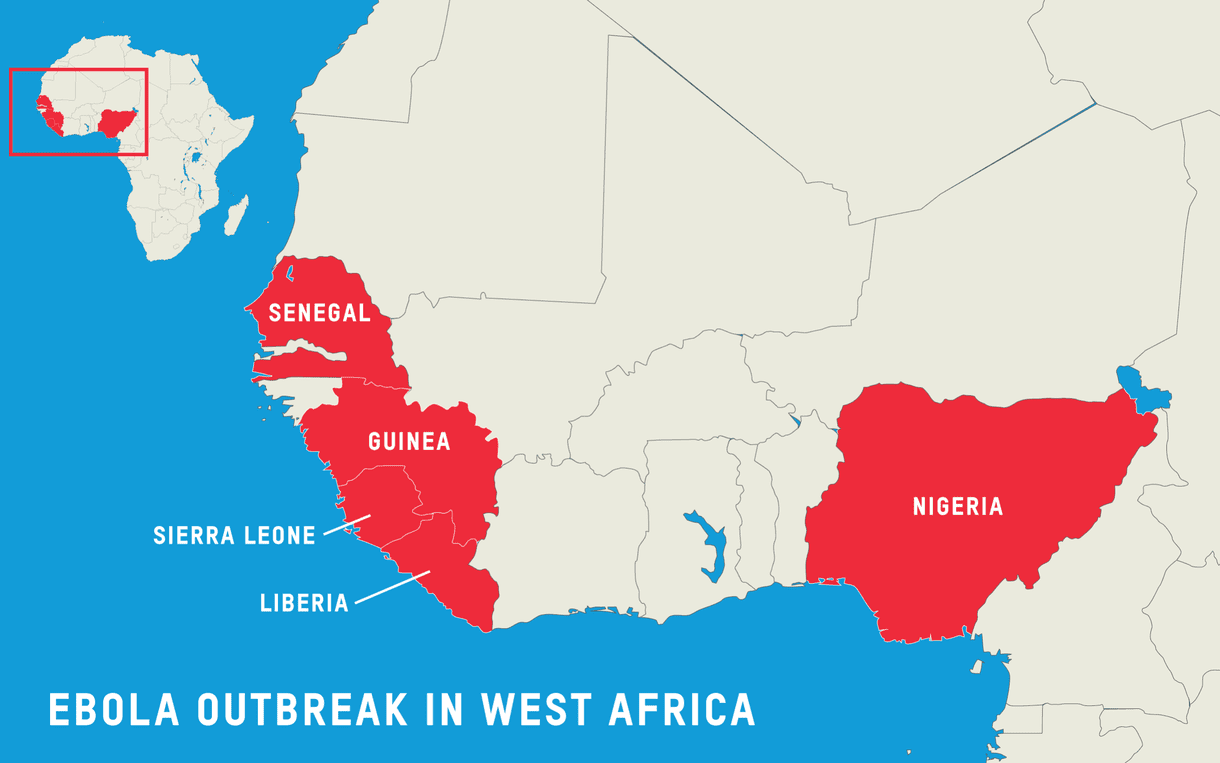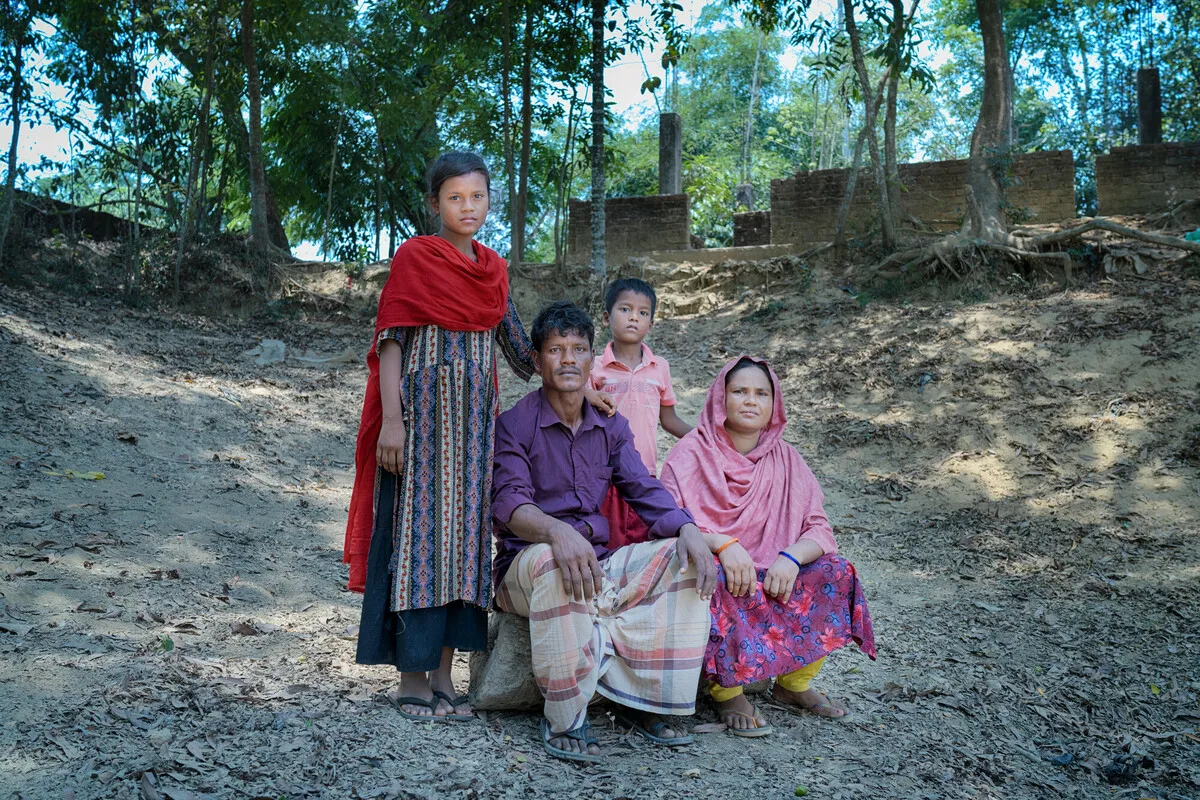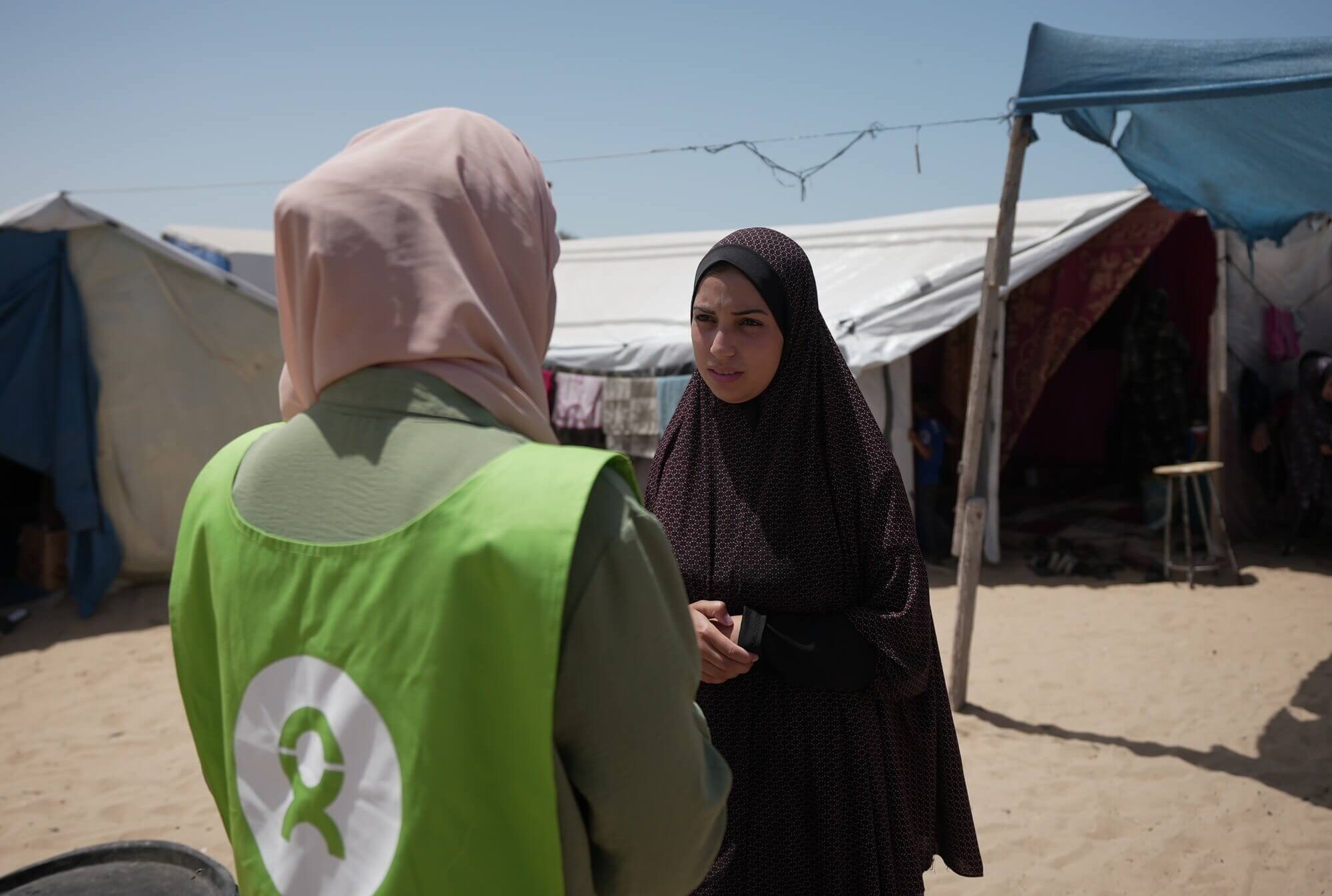Officials have quarantined many areas to try and stem the spread of a deadly virus that has already claimed the lives of almost half the people infected. You can help.
How severe is the problem now?
The World Health Organisation warns there could be as many as 10,000 new cases of Ebola per week by December if more isn’t done to try and prevent the spread of the virus. Transmission rates continue to increase, with more than 13,000 confirmed, probable and suspected cases, and over 4,900 deaths.
“The need to break the spread of Ebola is absolutely key,” said David MacDonald, the regional head for Oxfam’s response. “Right now, infection rates are accelerating and we have no option but to rapidly increase our work. Ebola is consuming whole communities. We are seeing them absolutely torn apart as a result of the disease.”
In Guinea, Liberia and Sierra Leone, transmission rates continue to rise and the first case has been reported in Mali. The UN says it needs over $1.3 billion to stop it spreading and so far just over half of this has been committed.
What’s Oxfam doing about the Ebola outbreak?
As the largest Ebola outbreak in history continues to threaten West Africa, Oxfam is scaling up its prevention programs in Sierra Leone, Liberia, Senegal, Gambia, and Guinea Bissau. So far, we ‘ve reached almost half a million people in Sierra Leone and Liberia, and aim to help 3.2 million people at risk of catching the virus.
Oxfam is increasing the supply of water and hygiene materials to Ebola treatment centres and community care centers while expanding its public information campaign. Because the disease spreads through direct contact with the blood or body fluids of a person who is sick with Ebola, careful hygiene and avoidance of contact with those fluids is essential. Along with water pipes and tanks for treatment and isolation units, Oxfam will continue to provide protective equipment including face masks, boots, gloves, chlorine, soap, hand sanitizer, mops and aprons to teams that treat patients and to others that bury the dead.
Oxfam is also distributing hygiene kits that include soap and bleach to people living in vulnerable areas as well as hand-washing pumps. In addition, we are supporting a poster campaign with prevention messages in markets, schools and other public places, as well as broadcasting radio programs with information on how to avoid catching Ebola — and what to do if it spreads into a new community.

Where does the disease come from?
The world has known about the disease since 1976 when it was discovered in the Democratic Republic of Congo near the Ebola River. Scientists believe that bats are the most likely carriers of the Ebola virus. And while sporadic outbreaks and cases have occurred in places such as Uganda, DRC, South Sudan, and Gabon, the current crisis—hitting several countries at once—is the world’s first Ebola epidemic.
What can you do?
To ramp up our response to meet the escalating crisis, we need your support. Oxfam needs more $52 million to help 3.2 million people at risk of contracting the disease. Help Oxfam stop the spread of Ebola.
You can help to stop the spread of Ebola by donating today.




